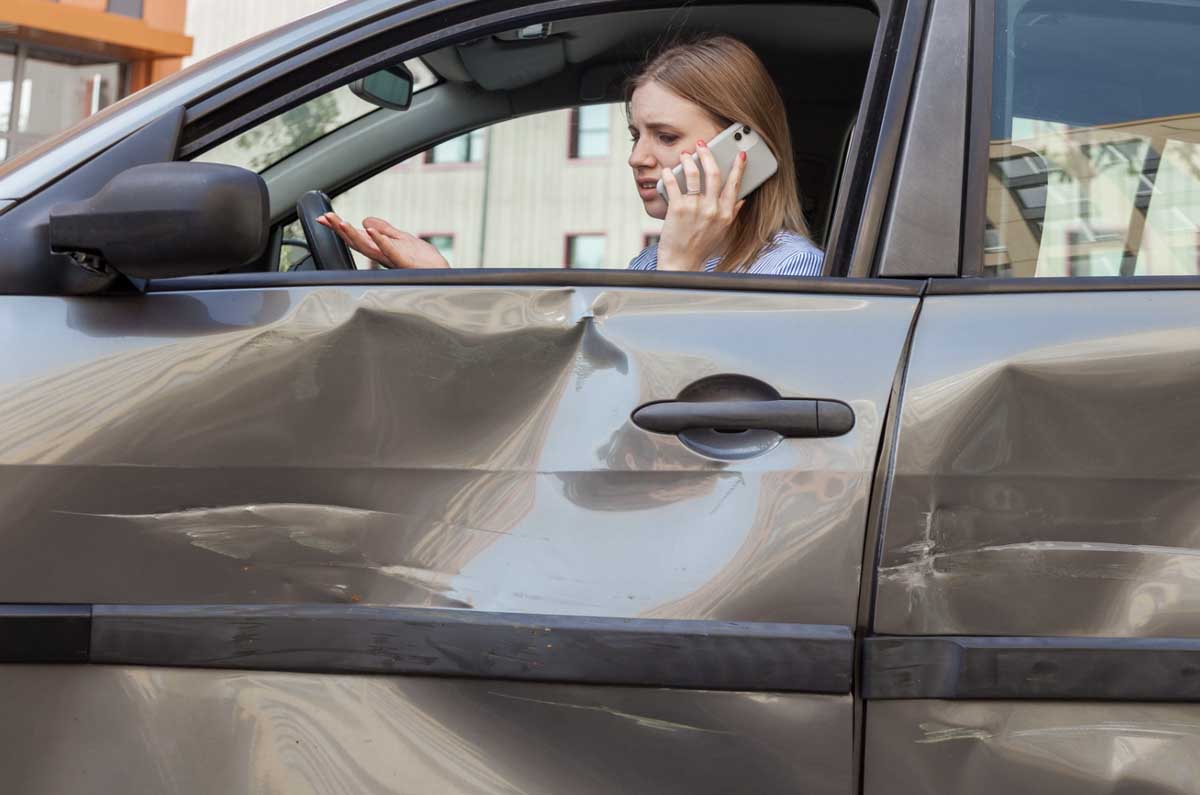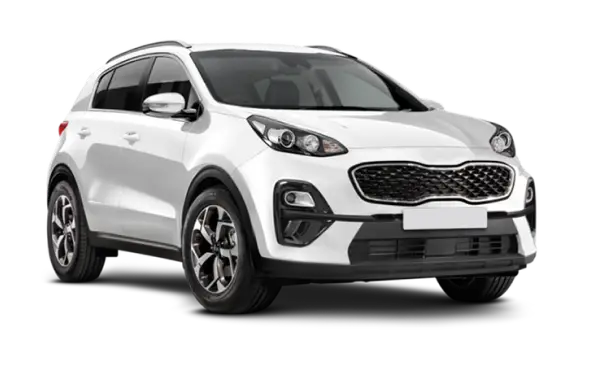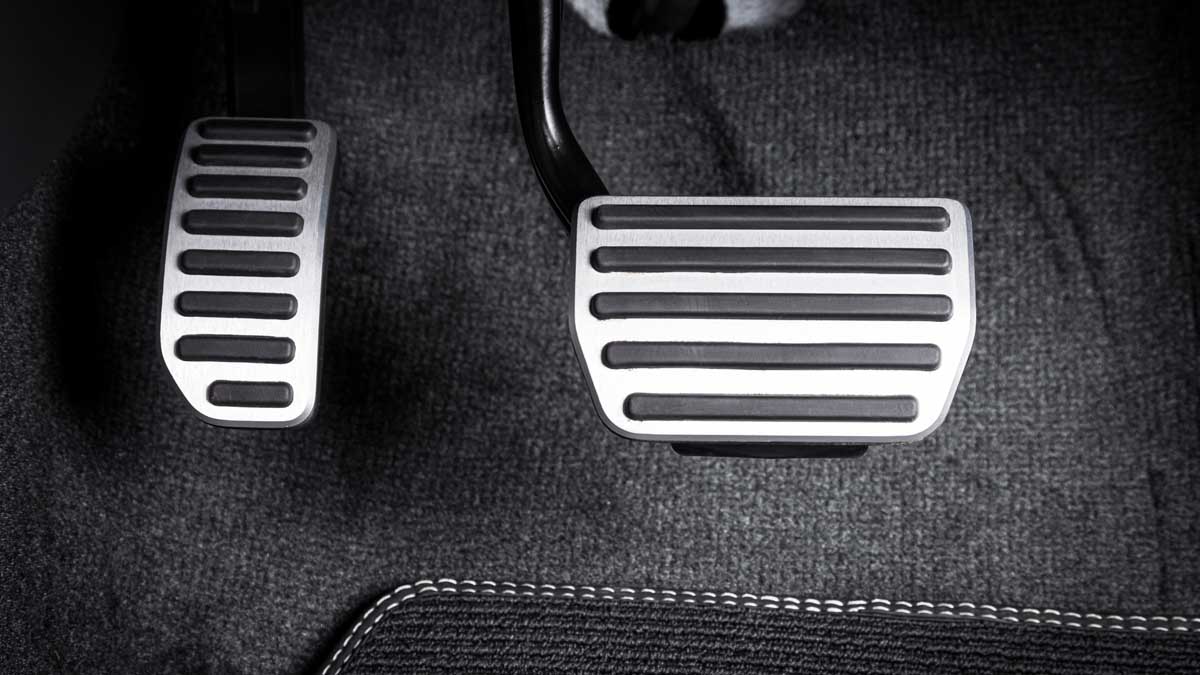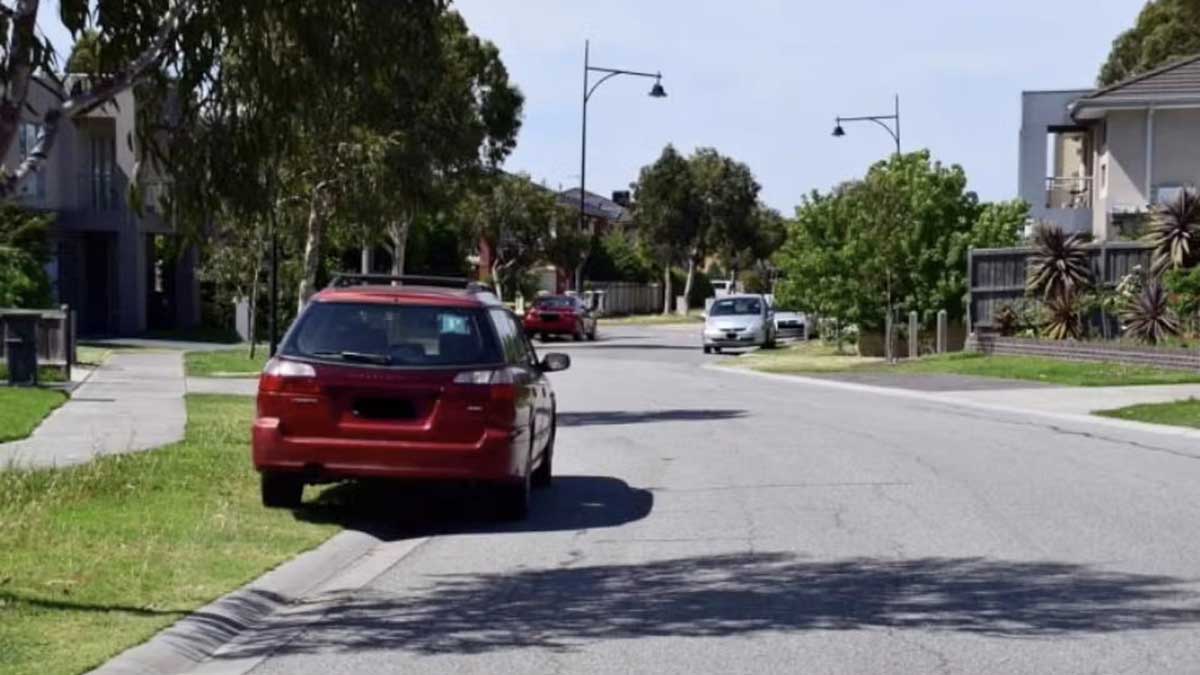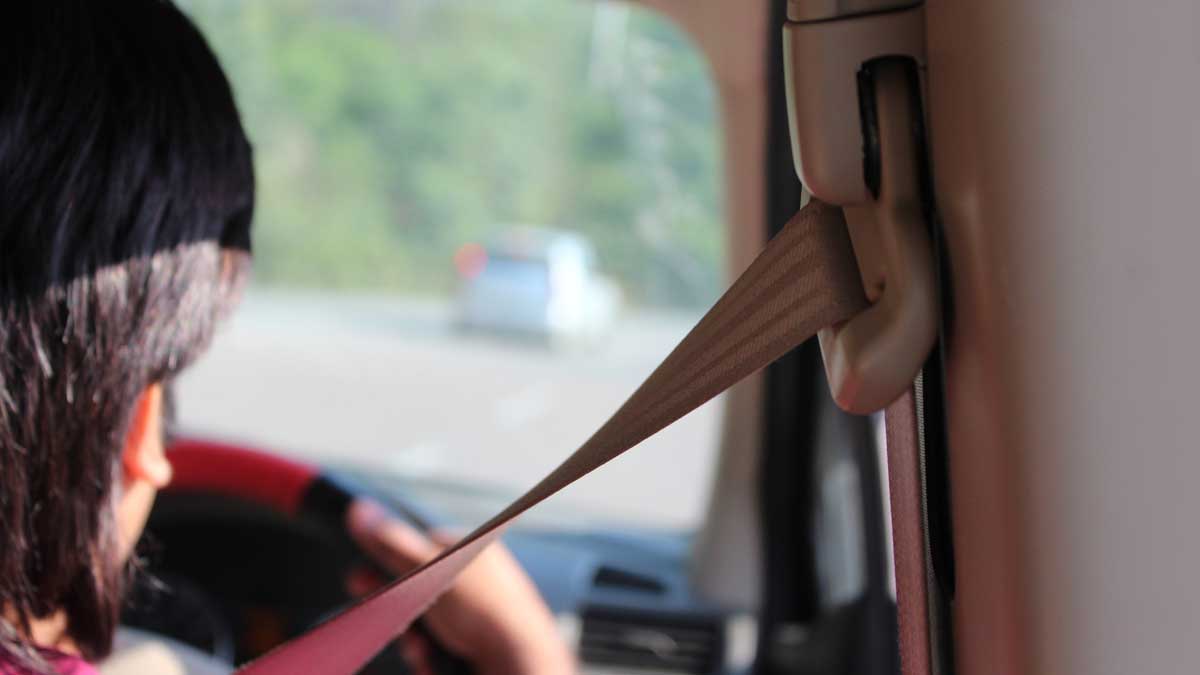Determining fault in sideswipe accidents is often a nuanced process. The implications of liability stretch beyond the immediate damage, affecting insurance claims and potential legal proceedings. This article aims to unravel the intricacies of fault in sideswipe collisions and to outline the key considerations for drivers navigating the aftermath of such an event on Australian roads.
What is a Sideswipe Accident
A sideswipe accident occurs when the sides of two parallel vehicles touch, often when both are in motion. Typically, these collisions happen during lane changes or when vehicles merge into traffic. Unlike head-on or rear-end collisions, sideswipe accidents can present complex challenges when it comes to fault determination.
The resultant damage may seem minor, but the risk of consequential loss of control and subsequent collisions poses a significant danger. Understanding the mechanics of these accidents is the first step in dissecting the question of fault, as it often hinges on which driver had the obligation to maintain lane integrity and observe the surrounding traffic.
Determining Fault in Sideswipe Accidents
The crux of fault determination in sideswipe accidents lies within the actions of the drivers prior to the impact. In Australia, the road rules are clear: drivers must stay within their lane and only change lanes when it is safe to do so.
Fault is typically assigned to the driver who acted contrary to these rules. If a driver fails to signal or checks their blind spot inadequately, they may be deemed at fault for the sideswipe.
Conversely, if a vehicle swerves unexpectedly due to an obstacle and sideswipes another car, the fault might be less clear-cut. Authorities and insurance assessors will look at evidence such as skid marks, vehicle damage, and dashcam footage to establish which driver deviated from their lane and whether the other driver had the opportunity to avoid the collision.
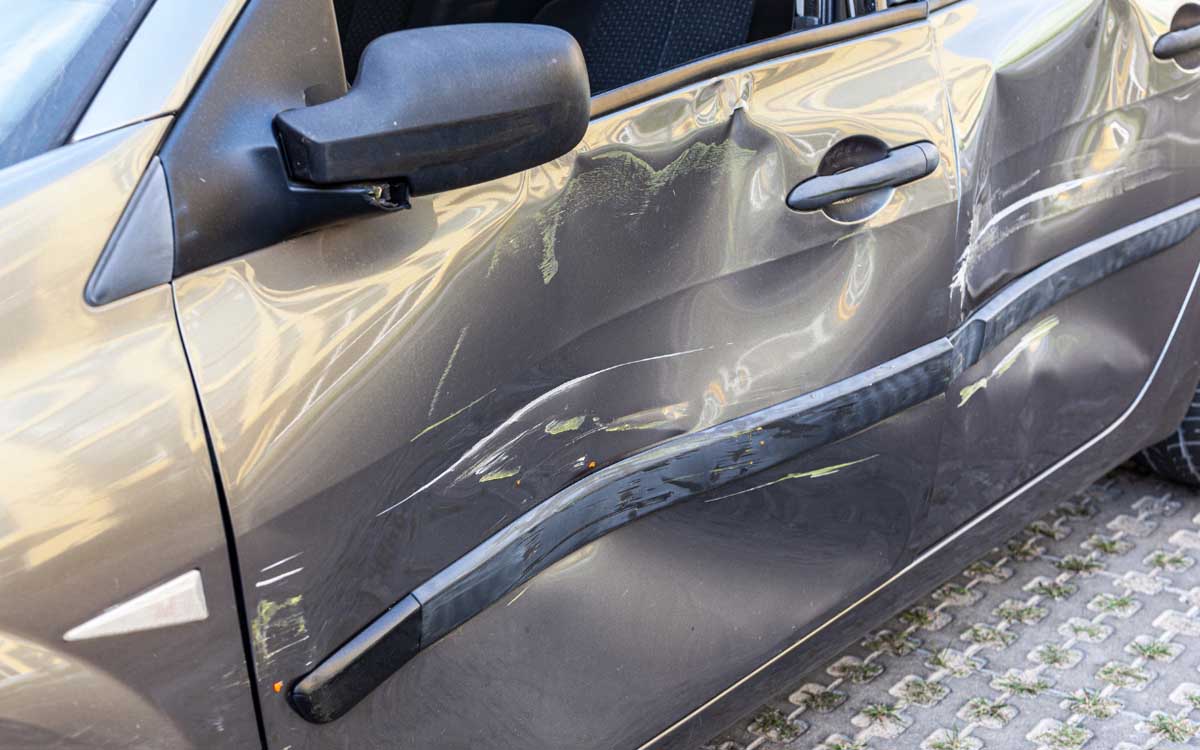
Common Causes of Sideswipe Accidents
Sideswipe accidents frequently result from a failure to adhere to safe driving practices.
Examples of When the Car Causing the Sideswipe Is At Fault:
- Unsafe Lane Changes: The driver makes a lane change without checking their blind spot or signalling, colliding with a vehicle that is correctly positioned in the adjacent lane.
- Distracted Driving: The driver is distracted (e.g., using a mobile phone, adjusting the radio) and unintentionally drifts into an adjacent lane, sideswiping another car.
- Driving Under the Influence: If the driver is under the influence of alcohol or drugs, their impaired judgement and reduced motor skills can lead to a sideswipe collision.
- Aggressive Driving: The driver aggressively weaves through traffic or makes sudden lane changes without adequate space, leading to a sideswipe.
Examples of When the Car Causing the Sideswipe Might Not Be At Fault:
- Other Driver’s Sudden Lane Change: The car is sideswiped by another vehicle that abruptly and unsafely changes lanes, leaving no time for the first driver to react and avoid the collision.
- Mechanical Failure in Another Vehicle: If a nearby car experiences a mechanical failure (like a blown tyre) and veers into the lane of the sideswiping vehicle, the latter may not be at fault.
- Emergency Evasive Actions: The driver has to perform an emergency lane change to avoid a sudden obstacle (like debris on the road or an abruptly stopping vehicle) and inadvertently sideswipes another car.
- Other Driver Fails to Stay in Lane: If the sideswiped vehicle is drifting between lanes or not maintaining a straight path within their lane, the driver who ends up sideswiping this car might not be entirely at fault.
Avoiding Sideswipe Accidents
Prevention is always better than cure, especially when it comes to sideswipe accidents. Defensive driving is your safest bet: being aware of your surroundings, signalling intentions well in advance, and checking blind spots diligently before changing lanes can reduce the risk of being sideswiped.
Modern vehicles are increasingly equipped with safety features like lane departure warnings and blind-spot alerts, which can serve as vital tools in preventing these types of accidents. Furthermore, staying educated on safe driving practices and keeping your vehicle’s safety features in check can go a long way in avoiding the distress and complications of a sideswipe collision.
How Right2Drive Can Assist You
If you find yourself in a sideswipe accident where you’re not at fault, Right2Drive can be of assistance. We use our expertise to ensure that your right to an accident replacement vehicle at no cost to yourself is upheld. This means you can continue with your daily life without disruption.
Conclusion
Sideswipe accidents can create a tangled web of liability and legal nuances. Understanding who is at fault requires a thorough examination of the circumstances surrounding the accident. While the process can be complex, knowing how fault is determined, the importance of evidence and the principles of negligence can provide clarity and aid in navigating post-accident procedures.

